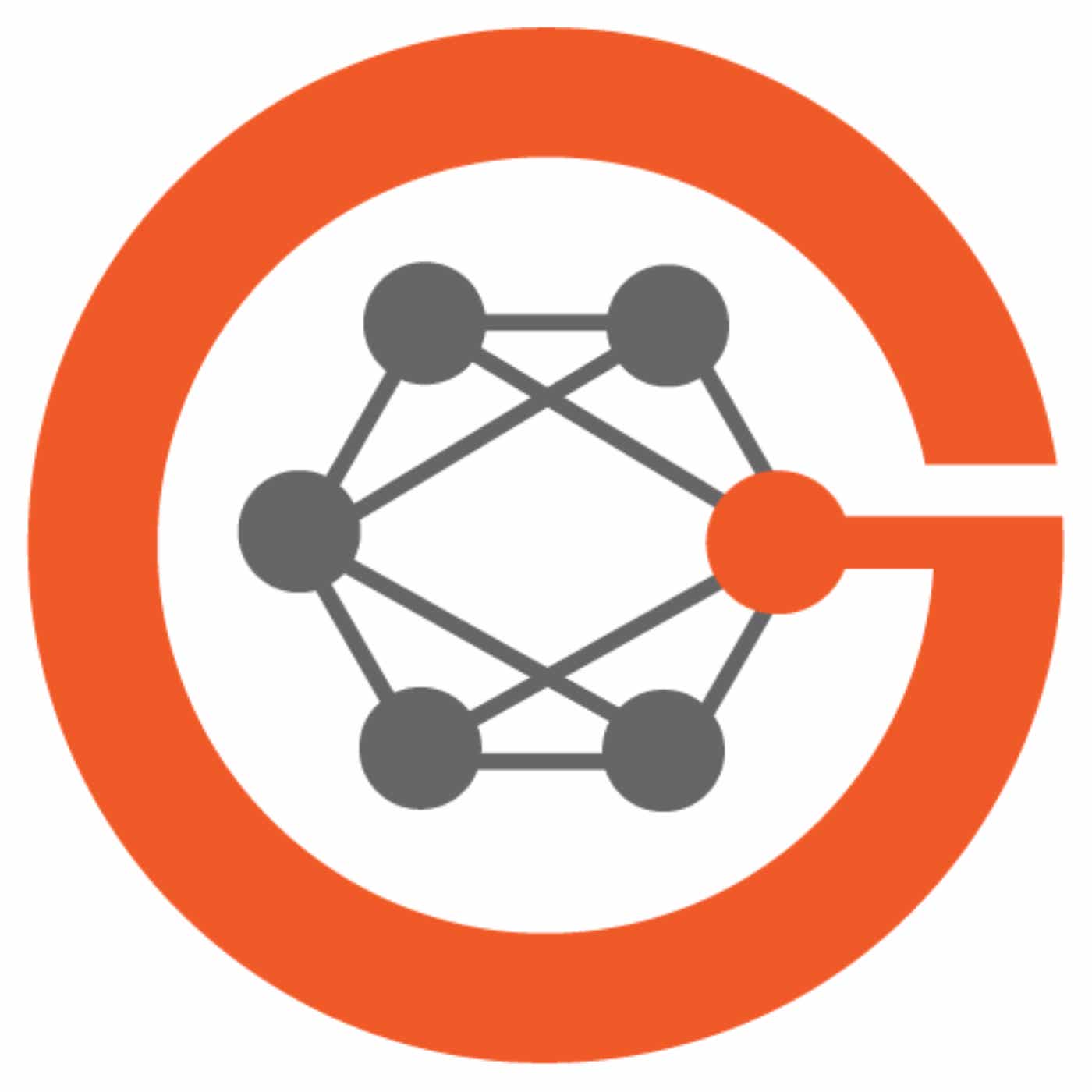

Ground Truths
Eric Topol
Facts, data, and analytics about biomedical matters. erictopol.substack.com
Episodes
Mentioned books

14 snips
Jan 18, 2026 • 56min
A Look Into the Blue Zones
Dan Buettner, author and explorer, shares his insights on the Blue Zones concept, where people live remarkably long lives. He discusses his findings in areas like Sardinia and Okinawa and the defining factors contributing to longevity, such as a plant-based diet and strong social ties. Buettner addresses criticisms regarding the validity of Blue Zones data and explains the mission of Blue Zones LLC in reshaping environments to promote healthier lifestyles. He also highlights exciting new developments, including a focus on health-adjusted life expectancy.

13 snips
Dec 21, 2025 • 56min
How Our Brain Drains Its Waste Products
Jonathan Kipnis, a leading neuroscientist at Washington University, discusses groundbreaking findings about the brain's waste clearance system. He explains how meningeal lymphatics challenge the belief that the brain lacks a drainage system. Listeners will find insight into glymphatic flow, the role of astrocytes, and how sleep enhances waste removal. Kipnis also highlights the connection between immune surveillance and brain health, diving into how aging and autoimmune diseases affect lymphatic function and potential therapeutic approaches.

10 snips
Dec 7, 2025 • 59min
The Story of Francis Crick, a new masterpiece biography by Matthew Cobb
Matthew Cobb, Emeritus Professor at the University of Manchester and author, dives deep into the complex life of Francis Crick, a towering figure in biology. He contrasts Crick's scientific rigor with the gossip-laden memoir by Watson. The conversation explores the inspiration behind Crick's shift from physics to biology and his groundbreaking work on DNA's double helix. Cobb also discusses Crick's intriguing foray into consciousness research, his cannabis use, and the lasting impact of his ideas beyond genetics.

13 snips
Nov 28, 2025 • 1h 1min
Jennifer Gunter & Eric Topol: Discuss Women’s Health and Recent Changes by FDA for MHT
In this discussion, Dr. Jennifer Gunter, a leading gynecologist and women's health advocate, teams up with Eric Topol to dive into the recent FDA changes regarding menopausal hormone therapy (MHT). They tackle complex issues like the misconceptions around MHT’s cognitive benefits and the impact of various hormone delivery methods on risks. Gunter critiques the wellness industry's marketing tactics and emphasizes the need for proper research funding in women's health. Their conversation highlights the intricate balance between symptom relief and informed care.

Nov 8, 2025 • 55min
Dr. Susan Monarez—Former CDC Director, First Live Interview
In her first live interview since her tenure as CDC Director, Dr. Susan Monarez, a seasoned microbiologist and immunologist, shares her journey from rural Wisconsin to federal leadership. She discusses the challenges she faced during her brief term, including managing multiple outbreaks and a tragic shooting. Dr. Monarez advocates for a vision of a prevention-focused CDC and introduces her ambitious 90/90/2035 initiative to enhance home-based preventive care. Her commitment to scientific integrity shines through as she reflects on the loss of CDC staff and the importance of resilience.

5 snips
Nov 5, 2025 • 47min
Seth Berkley & Eric Topol - Discuss Fair Doses Book
Seth Berkley, a prominent physician-epidemiologist and global vaccine leader, shares insights from his book, Fair Doses. He recounts the formation of COVAX and its early challenges, including regulatory delays and vaccine nationalism. Discussion highlights include the unprecedented speed of mRNA vaccine development, the impact of vaccine hesitancy, and the importance of continuous vaccine research. Seth emphasizes the need for sustained investment in global health to ensure equitable vaccine access and prepare for future pandemics.

21 snips
Oct 1, 2025 • 35min
Tom Frieden & Eric Topol - Discuss the Formula for Better Health Book
Tom Frieden, former CDC director and public health leader, shares insights from his book on improving health. He discusses the 'Cassandra's curse' and the 'see, believe, create' formula for addressing public health inaction. Frieden highlights strategies to combat hyperbolic discounting, making future health benefits feel immediate. He critiques wellness industry hype and emphasizes proven interventions. The conversation also explores the need for funding and data in public health, and personal changes he made to reduce toxin exposure.

11 snips
Sep 14, 2025 • 31min
Shana Kelley: Biosensors to Track Proteins and Inflammation in Our Blood in Real Time
In this enlightening conversation, Prof. Shana Kelley, a leader in biomolecular sensors and the President of CZI Chicago Biohub, unveils her groundbreaking work on real-time blood monitoring. She discusses a revolutionary hair-thin sensor that tracks protein levels like continuous glucose monitors. The implications for managing inflammation markers in conditions such as diabetes and autoimmune diseases are immense. Kelley also highlights the importance of AI for analyzing sensor data and multidisciplinary collaboration in advancing health technologies.

10 snips
Sep 12, 2025 • 31min
Charlotte Blease: Is A.I. Going to Remedy Medicine’s Problems?
In a thought-provoking discussion, health researcher Charlotte Blease, a professor at Uppsala University and Harvard author, explores whether AI can address the unmet needs in healthcare. She tackles the potential for AI to enhance patient interaction and diagnostics while acknowledging concerns about bias and empathy. They dive into the role of AI in mental health, weighing its benefits against traditional therapy's shortcomings. Blease advocates for a balanced view on AI's advancements, addressing ethical challenges like privacy and equity.

Sep 8, 2025 • 53min
Peter Hotez & Eric Topol - Discuss “Science Under Siege” book
Peter Hotez, a renowned vaccine scientist and pediatrician, explores the dire implications of anti-science sentiments alongside Eric Topol. They discuss their co-authored book which unveils a troubling nexus of the climate crisis, COVID-19, and organized misinformation. Historical parallels, such as Stalinist-era science, highlight current challenges. Hotez emphasizes the need for proactive political engagement and the crucial role of research universities in restoring public trust while advocating for effective communication in combating misinformation.


